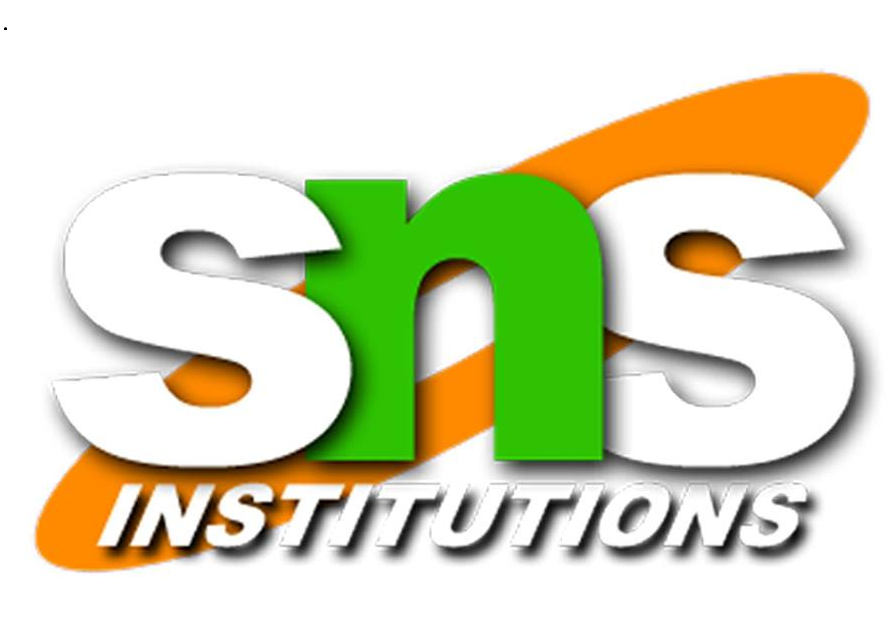
Define the term rehabilitation. Explain its aims and principles. Discuss the team work involved in rehabilitation, explaining briefly the role of each team member. Explain the principles and mechanism of therapeutic techniques with relevant precaution And contraindication. 1. Joint mobilization 2. Reducing spasm 3. Assisting weak muscles 4. Increasing endurance 5. Muscle re-education following muscle transfer surgery 6. Strengthening muscles 7. Increasing co-ordination 8. Improving balance 9. Gait training
Identify communication problems, classify these and outline principles of treatment. Identify behavioral problems in the disabled and outline the principles of management.
Describe the theories of pain and discuss therapeutic management of pain using various modalities. Define myofascial pain syndrome and outline the management. Demonstrate methods of evaluation for physical dysfunction and management of disabilities for 1. Spinal cord injury 2. Stroke 3. Cerebral palsy 4. Arthritis 5. Muscular dystrophy 6. Hansen disease 7. Peripheral nerve lesion 8. Fracture 9. Cardio –respiratory dysfunction
Explain the principles involved in prescribing orthotic devices for different parts of the Body. Outline the purpose of each type and list major indications and contraindication and demonstrate methods of training in their use. Describe types of artificial limbs and their functions. Demonstrate methods of training in their use. Explain about the various types of mobility aids and their functions. Wheelchair, walker, crutch, cane. Discuss methods and term involved in pre-vocational evaluation and training.
Describe architectural barriers and possible modifications with reference to RA, CVA, SCI and other disabling conditions. Outline the principles of disability evaluation and discuss its use. Outline the social implications of disability for the individual and for the community. Describe a CBR module and compare this with an institutional based rehabilitation system.
Reference Book:
Sunder textbook for rehabilitation medicine
Text Book:
Textbook for rehabilitation by Sunder
